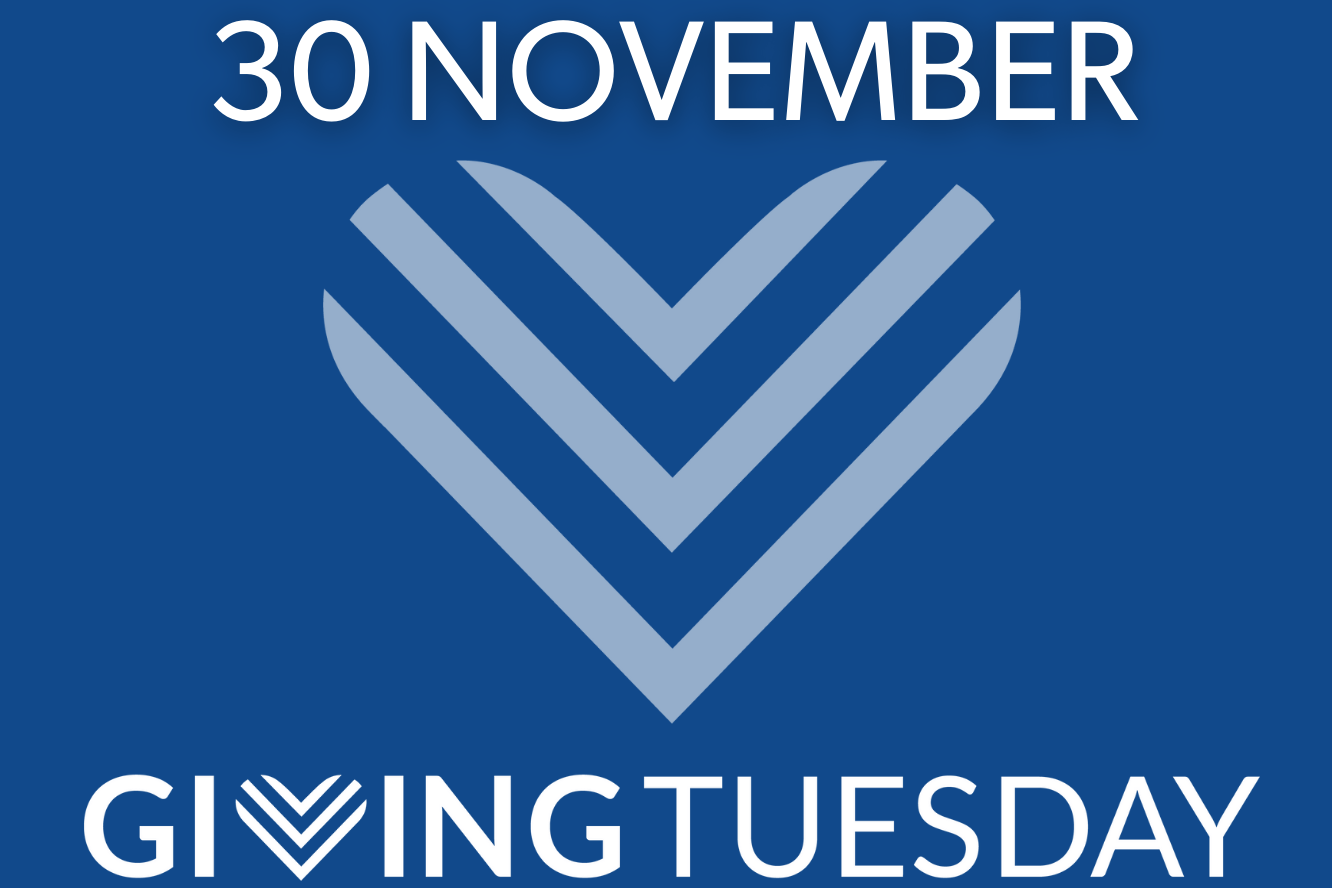Dr Beth Breeze, director of the University’s Centre for Philanthropy, explains the initiative behind Giving Tuesday and how significant the day is for the charity sector and fundraising campaigns. She said:
‘Most people make charitable donations, and the run up to Christmas has long been a time when more asking and more giving occurs. This has ramped up even further over the last ten years since the Tuesday following the US national holiday of Thanksgiving became known as ‘Giving Tuesday’ in 2012. Now marked in 60 countries, Giving Tuesday is intended as an altruistic counterbalance to the focus on private consumption encouraged by Black Friday, which takes place the day after Thanksgiving.
‘Giving Tuesday has become a key moment in the charity sector calendar which is needed more than ever in 2021. It is a relatively cheap opportunity, largely reliant on social media, to draw attention to, and to celebrate, the impact of nonprofit organisations and to encourage existing and potential donors to support their work. This celebration of giving is especially crucial in 2021 because the ongoing global pandemic continues to have a negative impact on many types of charity fundraising efforts. Activities reliant on people gathering together in a shared physical location, such as for fun runs and coffee mornings, have obviously been hit hard by lockdown conditions. Fundraising efforts in schools, university campuses, and workplaces have also been put on pause, or severely depleted, as people worked and studied at home for months on end.
‘The charity calendar in December is usually populated with fun festive activities such as Christmas fayres, Santa Dashes, and carol singers with collecting buckets. Low levels of public confidence in participating in, or supporting, such traditional money-raising efforts means that the social-media based format of Giving Tuesday may be some organisations’ best hope for securing the funding they need to continue their good work.
‘As Giving Tuesday gets bigger each year, we can expect to receive many more emails and a greater number of ‘asks’ on the 30 November. The temptation to delete or scroll over these messages may be high. But those who value the work that charities do, and understand they cannot run on goodwill alone, will hopefully pause to read these requests, and spare what we can to help our fellow citizens and strengthen our communities.’

